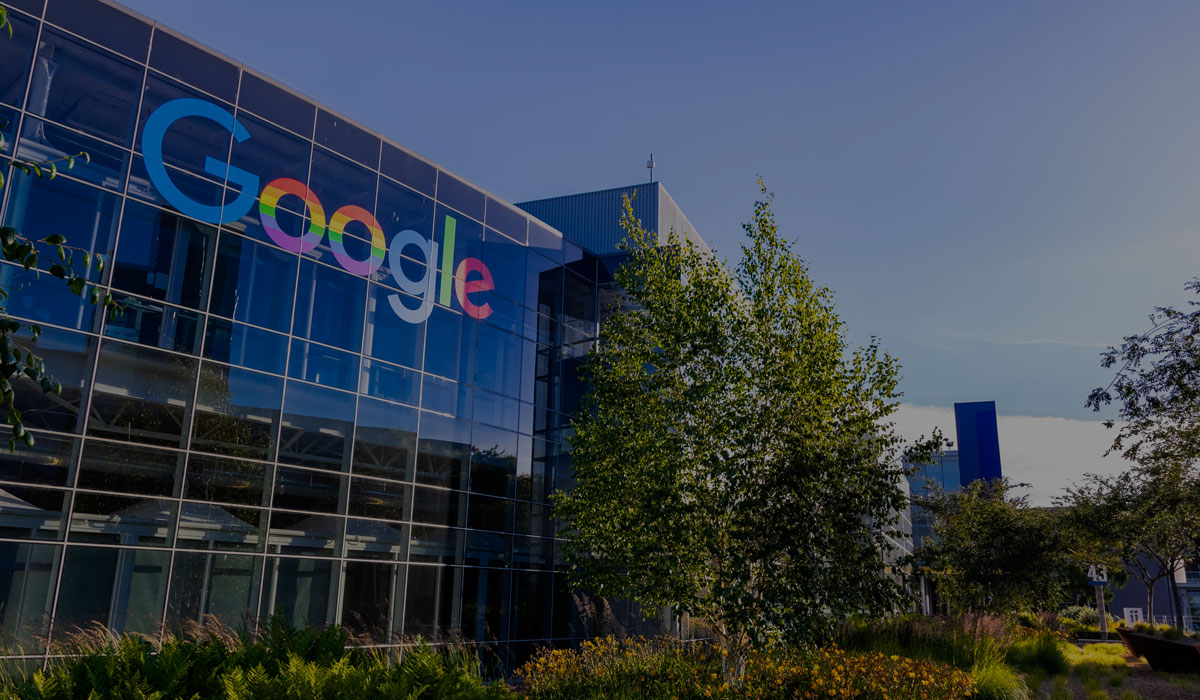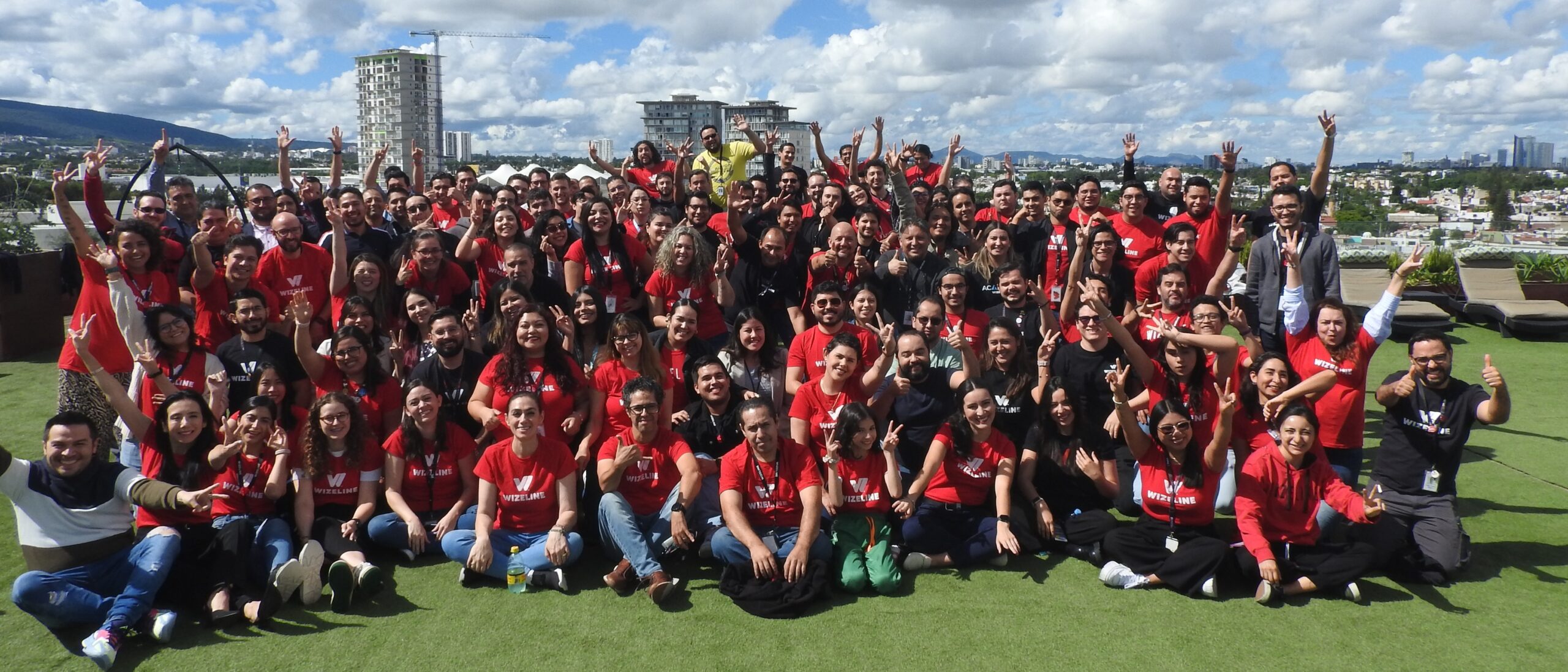Technology has enabled communication and irrevocably changed many aspects of our daily lives. As we round out Pride Month, I urge us to take a closer look at the intersection of technology and the historically underrepresented LGBTQ+ community.
How has technology impacted the fight for LGBTQ+ rights? How is the queer population represented within the technology industry and its history? What do we hope to see in the future?
Technology and social influence
The internet, social media, and tech-enabled content creation have allowed LGBTQ+ people to connect and progress in ways that weren’t possible just a few years back. No longer barred by geographic boundaries, LGBTQ+ organizations and individuals can increase the visibility of issues affecting their communities and, increase and accelerate the accessibility of information worldwide.
“From the battle to introduce same-sex marriage in Taiwan, to the legalisation of homosexuality in India, to the issue of workplace discrimination in the U.S. and Latin America: all have had an online element that has catapulted the topic onto the world stage.” – TechNation, 2019
Social media’s ability to amplify the voices of the underrepresented has arguably led to more awareness and acceptance for LGBTQ+ people, queer culture and history, and their rights. LGBTQ+ kids in Gen Z and Gen Alpha, with all the advantages of growing up in the information age, see themselves represented in online communities, and through celebrity endorsements. They have access to campaigns aimed at promoting connection, confidence, and hope. With no shortage of content on YouTube, Medium, Instagram, TikTok, and even Netflix that seek to normalize diversity and bring visibility to queer characters.
LGBTQ+ Influential Tech Figures
If we look back throughout history, there are notable figures in the field of technology that have paved the path for LGBTQ+ individuals in technology today.
Alan Turing
Known as a founding father of computer science and artificial intelligence, Turing is also one of the best-known and influential gay computer scientists. As a cryptanalyst during WWII, Turing developed a game-changing technique that helped Allied forces decipher German messages and defeat the Nazis. He later developed what is now known as the “Turing Test”. Time magazine recognized Turing as 100 of the most important people in the 20th century.
Edith Windsor
Edith “Edie” Windsor is a gay rights activist, best known as the lead plaintiff in the landmark Supreme Court Case United States v. Windsor, which overturned Section 3 of the Defense of Marriage Act (DOMA) and led to the legalization of gay marriage. Windsor was also an engineer and computer programmer, working with the UNIVAC at Combustion Engineering, Inc., and later at IBM in the 1950s and ’60s as a senior systems engineer.
Chris Hughes
Chris is a co-founder of Facebook and served as the editor-in-chief at The New Republic and is now a co-chair of the Economic Security Project. He uses his influence to advocate for causes like Freedom to Marry and public policy in general. Chris Hughes has inspired me personally because he is an example of a young executive who can advocate for change from the corporate side.
Leanne Pittsford
Leanne is the founder and CEO of Lesbians Who Tech. The organization has been instrumental in offering programming and opportunities that give visibility to LGBTQ+ women and non-binary individuals who work in technology. LWT is widely known not only in the U.S. but also in LatAm. I have friends who have improved their technical skills and developed a solid professional network through the program. I admire that Leanne has created a space specifically targeted to what I believe is one of the most underrepresented groups within theLGBTQ+ community—lesbians.
Angelica Ross
Angelica Ross is a new name on my radar and I am impressed by the incredible things she is accomplishing. She runs TransTech Social Enterprises, an incubator helping trans and gender non-conforming people find jobs and form career paths. She also served in the military, and stars as an actress in series like the hit FX show, Pose.
LGBTQ+ & Tech Today
As stated in a recent Forbes article, “Over the years, tech companies have played a pioneering and prominent role in the gay rights movement.” Companies from the tech sector instituted same-sex benefits and established diversity task forces back in the 1980s, when such initiatives did not have the groundswell of popular support they do now. Even now, leading tech companies, such as Google and Apple, are ranked high on the Human Rights Watch equality index.”
According to McKinsey, a record 206 major corporations signed an amicus brief in the spring advocating for the Supreme Court’s June 2020 decision protecting LGBTQ+ individuals from workplace discrimination. Tech companies and companies across industries are increasingly making business-critical decisions about recruitment practices, employee resources, and marketing that embrace LGBTQ+ rights.
It’s true—we’ve come a long way from Alan Turing to Lesbians Who Tech, and the impact made by tech companies and major corporations has been constructive, but we still have a ways to go.
- LGBTQ+ women are generally more underrepresented than women in America’s largest corporations
- LGBTQ+ women make up only 1.6 percent of managers and even fewer of more senior levels
- Three in 20 LGBTQ+ women believe that their sexual orientation will negatively affect their career advancement. The number is even higher for LGBTQ+ men; six in 20
- Trans people face especially sharp barriers to advancement in the workplace
- Trans people are more likely to think about leaving their company; 32 percent compared to 21 percent of cisgender people
The path forward
There are many ways that companies can create progress, especially those with the resources that tech companies have.
- Support career progression through mentorship and management training. Train managers on how to be effective allies to junior colleagues and pair LGBTQ+ women and trans employees with sponsors to support their career progression.
- Promote inclusivity in remote-work environments. Working from home, especially in a pandemic crisis, poses challenges in ensuring that all employees feel respected and safe, including LGBTQ+ employees. Virtual meetings can be isolating if only the loudest voices are able to steer the conversations. Establish direct lines of communication with all remote workers to see how they are doing and to ask what support they might need.
- Stop inappropriate behavior in its tracks. Take steps to raise awareness and prevent microaggressions. Conduct company-wide inclusion training so that employees can recognize and respond to inappropriate behavior. Make sure it includes support and sensitivity toward trans and gender-diverse colleagues and also include the proper use of pronouns and names. Establish safe channels to investigate and correct inappropriate behavior. Leadership has the opportunity to set the tone of visible action.
- Build recruiting and hiring practices that support LGBTQ+ individuals. Widen the pool of diverse candidates and provide them with feedback after their interviews. Adopt blind resume-screening, removing names, and gender signifiers. Reduce the role of unconscious bias in hiring decisions. Offer dedicated resources for LGBTQ+ employees, particularly LGBTQ+ women and trans employees who are most overlooked in LGBTQ+ employee-resource groups.
These are just a few of the ways that we can continue to build on decades of progress that we have made as a tech community. The impact of technology on the LGBTQ experience must come from the inside, from the inner workings of an organization, and not just from the technology itself. I am proud to work at Wizeline because it has created a culture that supports my role in society as a professional and as a member of the LGBTQ+ community. My hope is that we continue building upon this impact for years to come.






